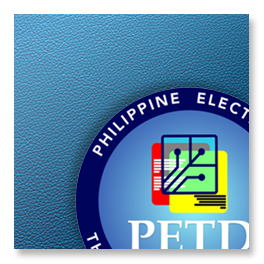Systems within systems : free and open source software licences under German and United States law
Abstract: Free and Open Source Software (FOSS) licences channel the exclusionary and individualising force of copyright to establish a qualitatively different, somewhat subversive, system for the exploitation of software. This thesis examines how it is that FOSS licences establish this 'system within a system' under both German and United States law. The inquiry begins with a detailed examination of FOSS licence templates as the instruments which transform code from its default position as the 'res' of proprietary relations to its status as 'open' or 'free'. The thesis then considers whether FOSS licence templates, as the legal basis for this subversive move, are valid and enforceable under domestic law. In addressing this question, the thesis undertakes a critical analysis of the leading case law in each jurisdiction. Going beyond the immediate case law, the thesis considers the broader systemic effects of FOSS licence enforcement. It highlights how building a system within a system foments certain tensions and contradictions within the law, in turn giving rise to unintended consequences and legal uncertainty. By highlighting these tensions, the thesis argues that the questions of FOSS licence enforcement in Germany and the United States may not be as settled as some may think.
Related Resources
Prohibition opened the door to the United States for individuals or groups to smuggle alcohol by waterways. These people came from all walks of life and were known as rumrunners. The United States Coast Guard was charged with upholding the law and preventing any alcohol from reaching the American...
Online privacy has become one of the greatest concerns in the United States today. There are currently multiple stakeholders with interests in online privacy including the public, industry, and the United States government. This study examines the issues surrounding the protection of online...
